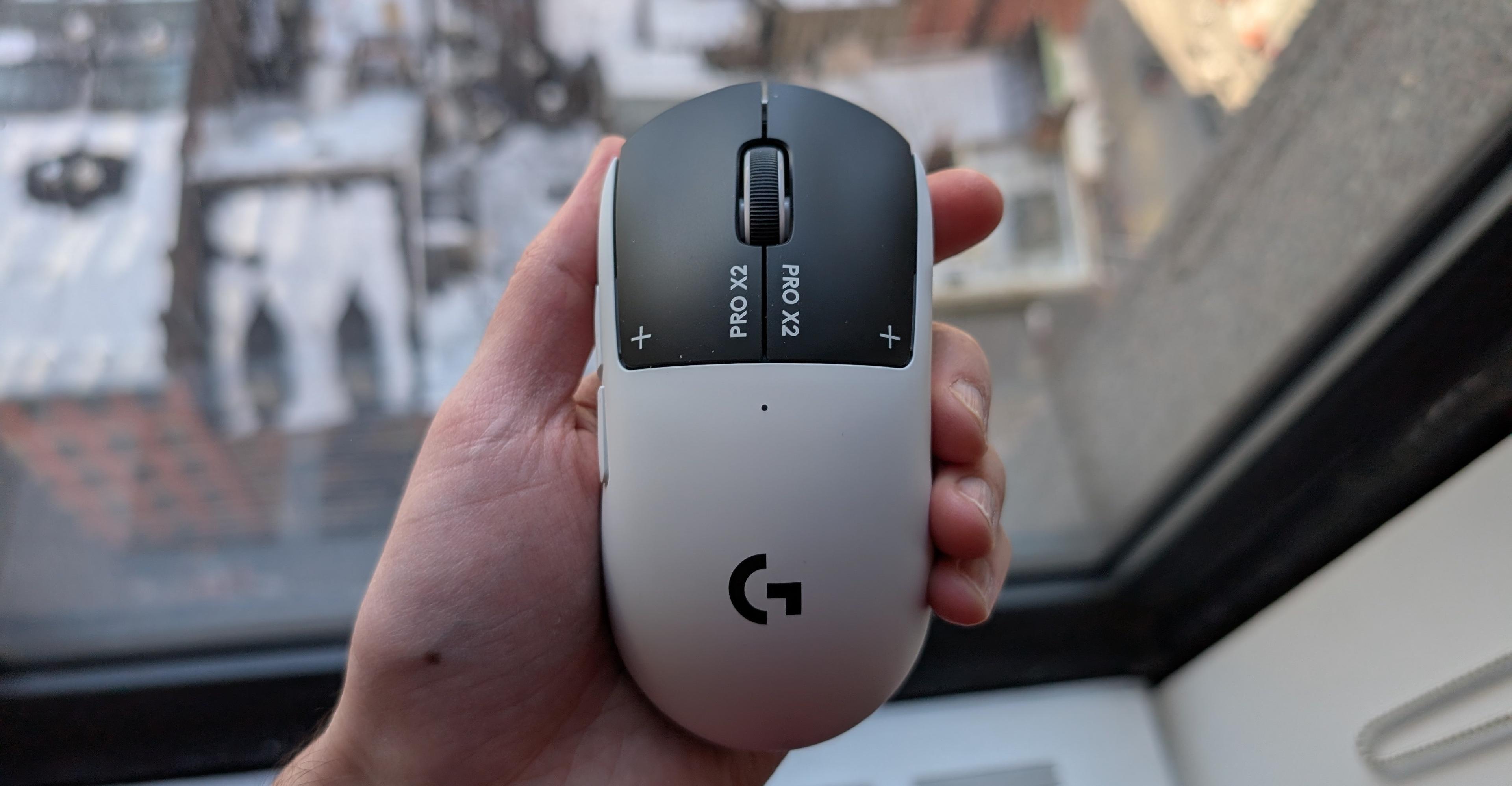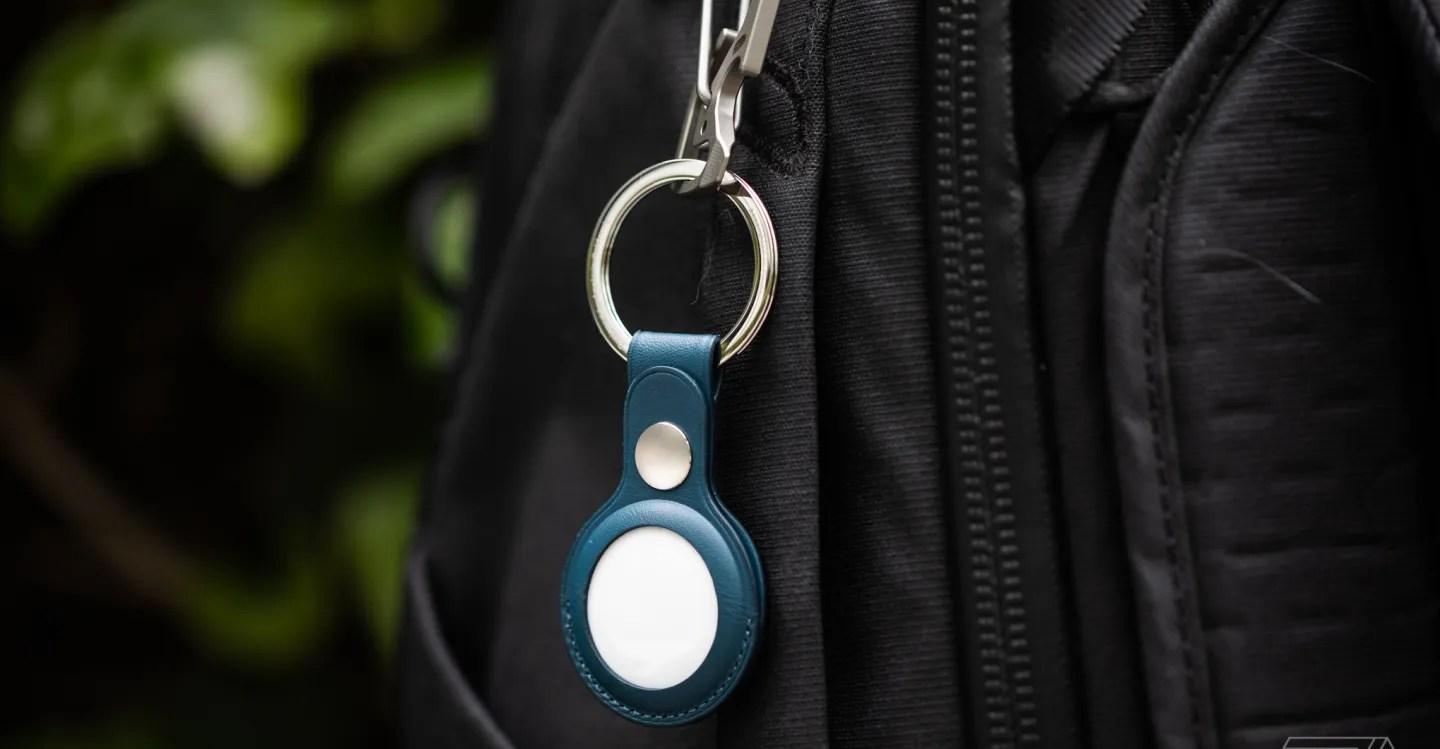- Home
- Technology
- News
Long-duration spaceflights impact astronauts' brain: Research
Astronauts should wait for a minimum of three years of recovery before going on the new mission.


New research findings indicate that astronauts’ brains undergo significant changes during spaceflights lasting six months or longer.
The study involved brain scans of 30 astronauts before and after spaceflights, ranging from two weeks to a year.
Scientists unveiled a noticeable expansion in the ventricles among those who spent at least six months on International Space Station (ISS) missions.
This research carries significant implications for future long-duration missions as space agencies like NASA and its international partners work towards establishing a continuous human presence on the moon and venturing as far as Mars.
During spaceflights, fluids in the body shift towards the head, exerting pressure on the brain and causing the ventricles, the brain's cavities filled with cerebrospinal fluid, to expand.
A recovery time of approximately three years was observed for the ventricles to fully return to their normal size between space missions.
While astronauts on two-week missions experienced minimal changes in ventricular structures, the degree of enlargement depended on the duration of time spent in space.
Notably, ventricular expansion stabilized after six months, suggesting potential positive implications for future Mars missions lasting approximately two years.
The study was published in Scientific Reports.

Four terrorists killed in IBO in KP’s Lakki Marwat: ISPR
- 17 hours ago

Logitech’s new Superstrike is a faster, more customizable gaming mouse
- 9 hours ago

Why are Epstein’s emails full of equals signs?
- 9 hours ago

America After Trump
- 7 hours ago

The Brazilian playbook for defending democracy
- 7 hours ago

The world’s rainforests are vanishing. In this one country, they’re growing back.
- 7 hours ago
Pakistan, US ink pact to redevelop New York’s Roosevelt Hotel
- 17 hours ago

Scientists have found another alarming pattern in wildfires
- 7 hours ago

A new Supreme Court gerrymandering case is nightmare fuel for Democrats
- 7 hours ago

You need to watch the intensely surreal cult classic Possession
- 9 hours ago

Apple’s first-gen AirTags are still worth buying now that they’re $16 apiece
- 9 hours ago
Trump leads first meeting while Hamas tightens grip in Gaza
- 16 hours ago








